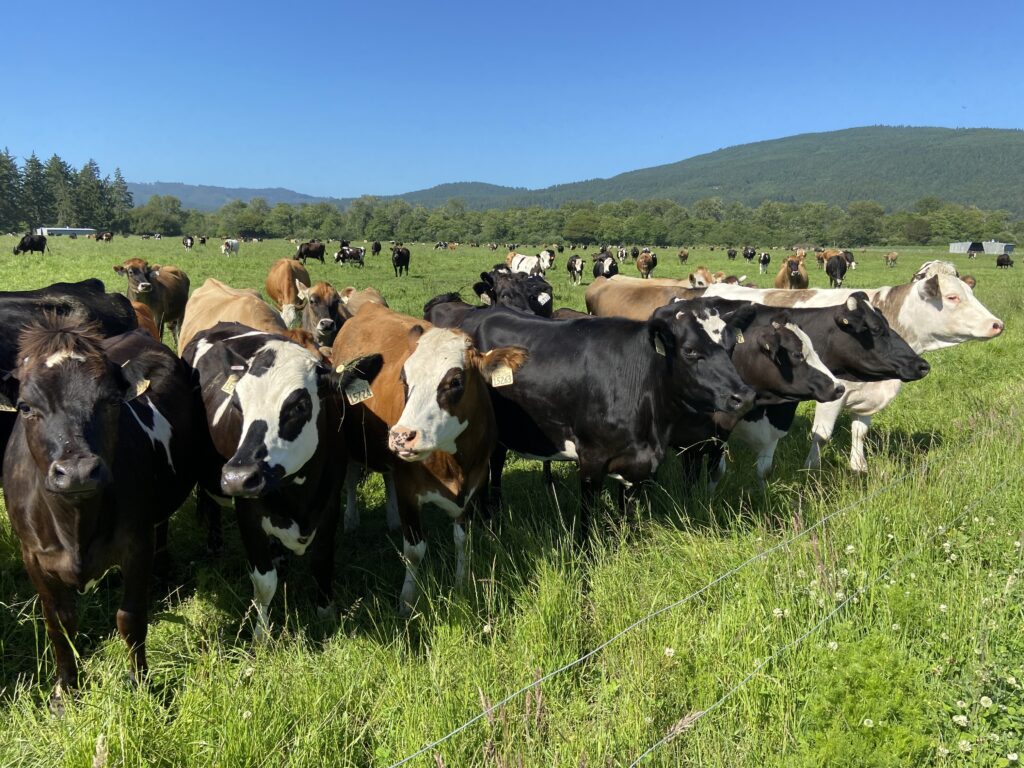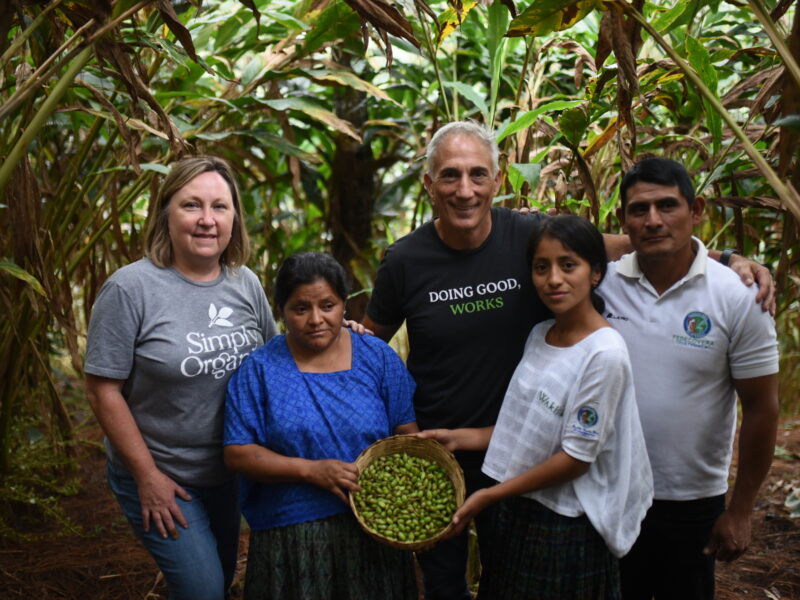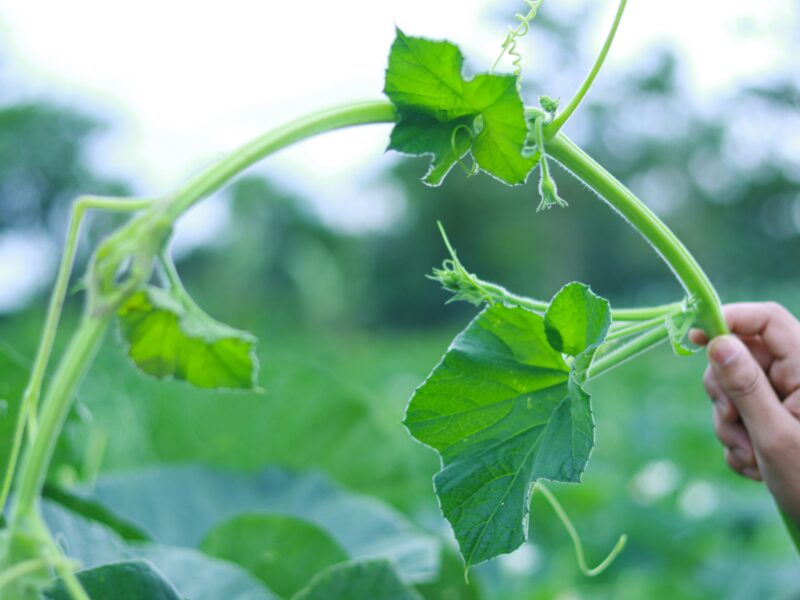Bees Benefit from Diverse Flower Species in Ag Fields and Surroundings; Organic Farm Benefits Highest
While chemical companies persist in pushing simplistic solutions to complex problems, there is a large amount of evidence that organic farming presents effective solutions to many of those problems. Now there is new evidence that organic agriculture prevents the untold harms of pesticide-driven monoculture. In a new study, German researchers compared 16 agricultural landscapes in Lower Saxony and northern Hesse that had different combinations of semi-natural habitat, organic practices, and annual and perennial flower strips. Overall, the researchers find that organic farming provides the highest benefit to the bees, along with the presence of diverse flowering plants in and near monoculture fields.
Consumers Want High Animal Welfare Standards for Food Labeled Organic
The Consumer Reports survey was released at the same time that agribusiness interests are pressuring the U.S. Department of Agriculture to abandon its rules requiring organic producers to abide by strong animal welfare standards.
Sales from organic farms up 72%: USDA
Organic farms sold $5.5 billion in organic products in 2014, an increase of 72% from 2008, according to USDA’s 2014 Organic Survey.
https://www.supermarketnews.com/organic-natural/sales-from-organic-farms-up-72-usda
Ciranda: Inspiring positive change in the world
Discover how Ciranda’s organic and non-GMO product portfolio reflect the company’s dedication to living its core values and making ingredients that are better for people and planet.
Is buying organic foods worth the cost?
Gupta says reducing one’s exposure to those chemicals is important, as he says high pesticide levels in foods have been linked to increased cancer risk, diabetes, and cardiovascular disease — a reason going organic continues to gain popularity.









